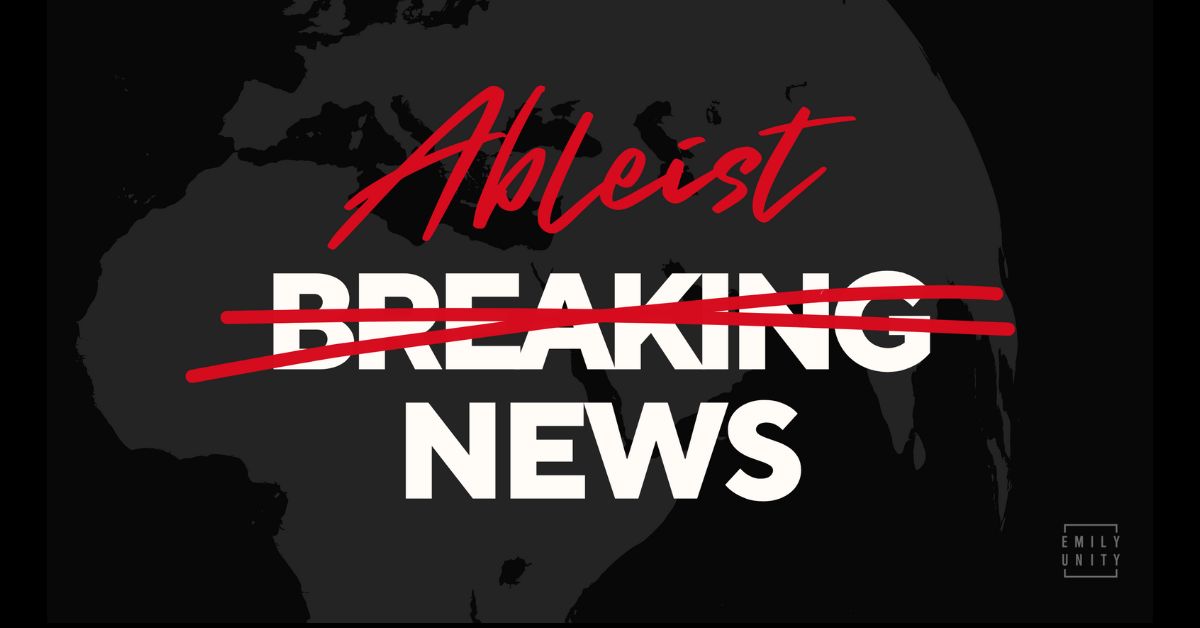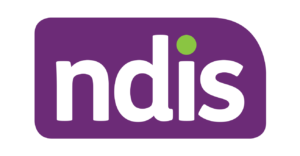Written by Emily Unity.
As a disabled young person, it’s heartbreaking to be bombarded by media that perpetuates ableist attitudes and myths. Especially with the recent federal budget, it’s awful to see headlines that paint people like me as a burden to society or a drain on the economy. I am writing this reflection to disrupt the normalised ableist narrative and bust the media myths that perpetuate it.
Fact: Disability supports are an investment in the wellbeing of Australians with disabilities. Many disabled individuals rely on government-funded programs such as the National Disability Insurance Scheme (NDIS) to provide essential services and supports such as healthcare, education, and employment. These services are not a burden but rather a necessary investment in promoting the well-being and inclusion of disabled individuals in society. Providing disability supports is not only a matter of social justice, but is also early intervention and prevention, and a way to reduce inequality by ensuring that disabled individuals have the same opportunities as non-disabled people.
Myth: Disabled people waste their support resources on "junk therapies."
Fact: Disabled people, like everyone else, have the right to make choices about their own health care and wellness. It is also important to note that not all disabilities can be treated with conventional medicine and many disabled people face significant barriers to accessing quality healthcare and may turn to alternative therapies as a last resort. Rather than blaming disabled people for supposedly wasting resources, we should work to ensure that all people, regardless of ability, have access to high-quality, affordable healthcare. We should also respect disabled people’s autonomy and their right to make informed decisions about their own health and wellbeing.
Fact: Disability diagnoses are made based on medical evidence and clinical expertise, not financial gain. In fact, many people with disabilities face significant barriers to getting the support they need, including long wait times for assessments and services, lack of accessible infrastructure, and discrimination in employment and education.
Myth: Disabled people are the cause of high costs, not the supports or system.
Fact: There are systemic issues that contribute to the high cost of supports like the NDIS. These issues include unnecessary bureaucracy, the lack of accessibility in mainstream services such as health and education, the need for greater investment in early intervention and prevention, and the underfunding of disability services for many years.
Myth: There’s nothing anyone can do to change these myths.
Fact: Anyone can speak up and challenge this harmful narrative. I believe that we have a collective responsibility to change the narrative around disability and the NDIS. We need to start talking about the value and worth of people with disabilities and the vital role they play in our society. We need to acknowledge that disability is a natural part of human diversity, and that everyone has the right to live their life to the fullest. We need to demand better representation in the media, and we need to speak out against ableist attitudes and discrimination wherever we see it.
I can’t wait to see a future where disabled people like me are genuinely valued as people, rather than just numbers on a balance sheet.

About the author:
Emily Unity is a lived and living experience professional who currently works with UNICEF, Headspace, Beyond Blue, CYDA, Orygen, VMIAC, CMY, and more. Emily grounds their work in their intersectional experiences of mental health, disability, LGBTQIA+, homelessness, neurodiversity, and being a young carer from a refugee and migrant background.







